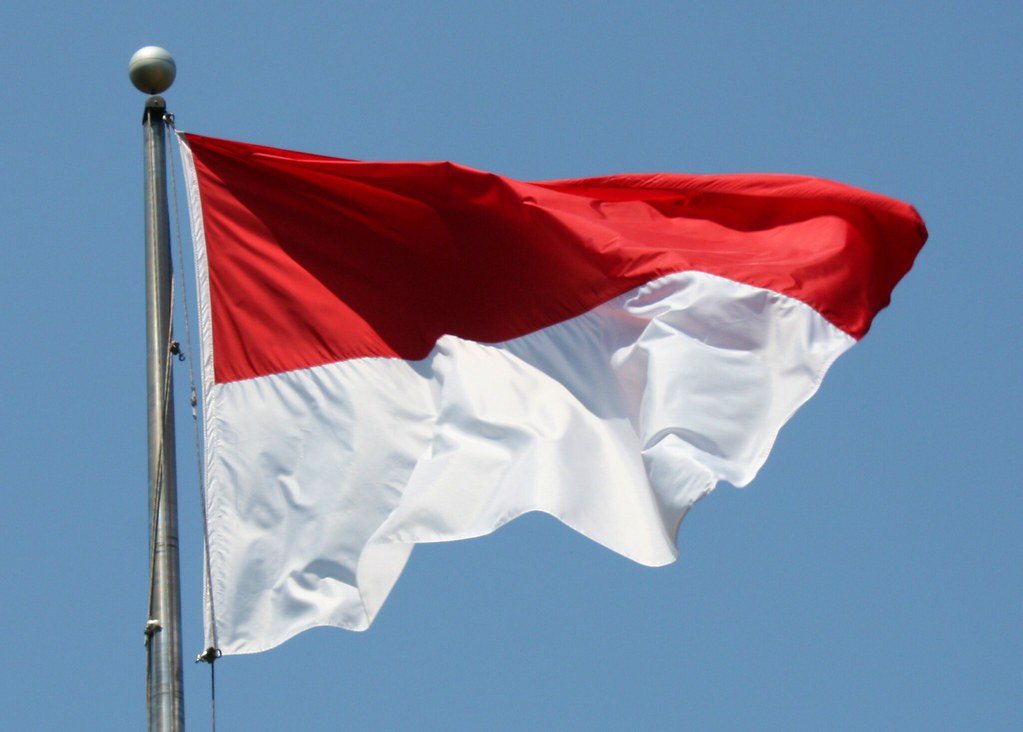The International Commission of Jurists (ICJ), in an amicus curiae brief submitted on 14 June 2023, requested the East Jakarta District Court to give effect to Indonesia’s international legal obligations concerning freedom of expression and information in their adjudication of a case concerning criminal charges against two human rights defenders, Haris Azhar and Fatia Maulidiyanti.
The Defendants, Haris Azhar and Fatia Maulidiyanti, have been charged with criminal defamation under article 27(3) of the Law No. 11 of 2008 on Electronic Information and Transactions (ITE Law) and article 310(1) of the Indonesian Criminal Code (KUHP), and spreading false statements which “may cause chaos within society” under article 14(2) of Law No. 1 of 1946 on Criminal Law Regulations (Law 1/1946). These provisions impose criminal sanctions of fines and/or imprisonment.
In its amicus brief, the ICJ requests the East Jakarta District Court to consider:
- Avoiding the imposition of criminal sanctions for defamation, as they would contravene the right to freedom of expression guaranteed by article 19 of the International Covenant on Civil and Political Rights (ICCPR).
- ensuring that in any event the defences of truth and public interest are available and avoiding the penalization untrue statements that have been published in error but without malice.
- Scrupulously safeguarding the right to presumption of innocence, including by ensuring that no criminal conviction occurs without the prosecution proving beyond a reasonable doubt each element of the offence, including proving beyond a reasonable doubt that the defendant failed to make reasonable efforts to ascertain the truth of the statements.
- With regards to articles 14(2) and 15 of Law 1/1946, avoiding the imposition of criminal sanctions as the articles are inconsistent with obligations under article 19 of the ICCPR. They are vague and overbroad, based on an illegitimate purpose, and disproportionately and unnecessarily serve to punish the exercise of free expression.
The ICJ’s legal brief is aimed at assisting the East Jakarta District Court to consider Indonesia’s international human rights law obligations relating to the rights to freedom of expression and information, and the protection of human rights defenders. The ICJ requested the Court to interpret criminal defamation and “false information” laws in ways that ensure conformity with international human rights law.
Background
The criminal complaint against the Defendants was filed by the Indonesian Coordinating Minister for Maritime and Investment Affairs, Luhut Binsar Pandjaitan. It concerns a YouTube video wherein the Defendants discussed the research results of a report regarding allegations of the involvement of Indonesian army officials and retirees in plans to exploit gold in the Blok Wabu area in Intan Jaya, Papua. The video specifically drew attention to allegations relating to Luhut Binsar Pandjaitan, scrutinizing potential conflicts of interest due to his position as the Coordinating Minister for Maritime and Investment Affairs.
This case is just one example among a worrying trend where overbroad criminal defamation and “fake news” laws are being used to curtail freedom of expression in Indonesia, particularly to criminalize the work of human rights defenders and journalists.
This press release can be downloaded in Bahasa Indonesia here. The PDF of the amicus curiae briefs can be downloaded here in English and Bahasa Indonesia.
Contact
Daron Tan, ICJ Associate International Legal Adviser, e: daron.tan@icj.org
Yogi Bratajaya, ICJ Legal Consultant, e: yogi.bratajaya@icj.org
Further reading
Southeast Asia: ICJ launches report on increasing restrictions on online speech





